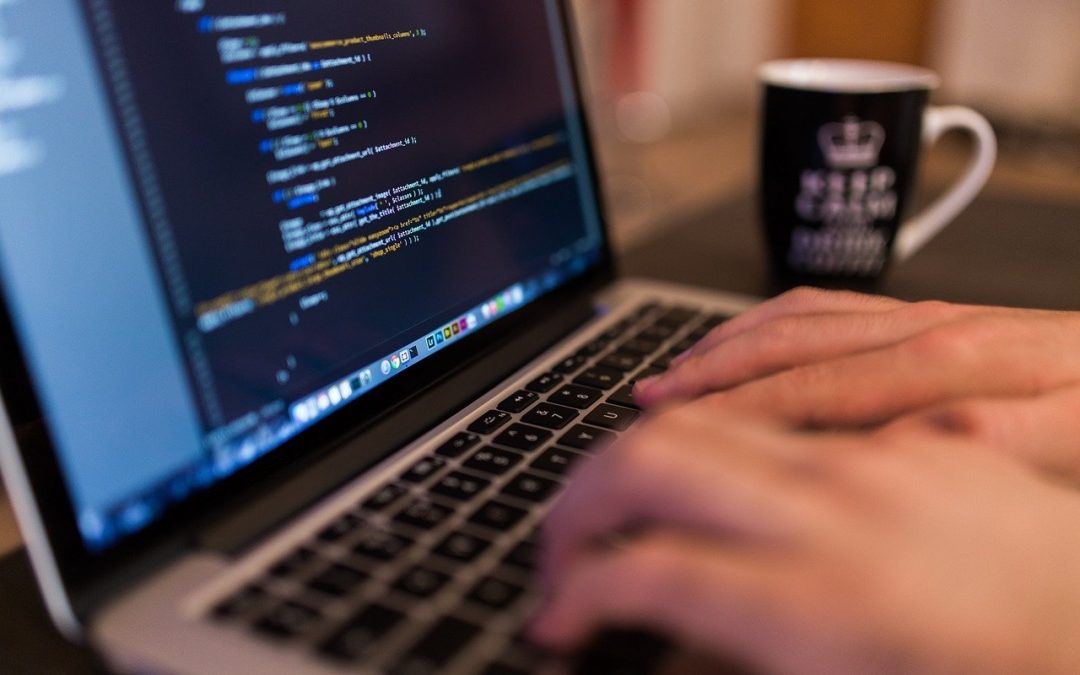In recent years, we’ve witnessed such rapid technological evolution that keeping up has become a real challenge. Every few months, a new artificial intelligence tool emerges—capable of generating text, images, lines of code, or even complex analyses that, until very recently, we associated exclusively with human abilities.
Faced with this scenario, it’s natural for many questions to arise: Can AI completely replace us? Will it eliminate jobs traditionally performed by people? And does it even make sense for younger generations to learn how to code if artificial intelligence can already do it for them?
Despite the noise surrounding these concerns, the answer is clearer—and more optimistic—than it might seem: AI is not here to replace us, but to amplify what we can do.
AI as a multiplier, not a replacement
Across nearly every professional field—from medicine to engineering, from design and marketing to education, law, and software development—AI has become an extraordinarily powerful tool. Yet despite its sophistication, it remains just that: a tool. It still requires human guidance, judgment, and intent to deliver truly meaningful results.
Artificial intelligence can process enormous amounts of information in seconds, but it cannot interpret emotional or social nuances without someone providing them. It can generate multiple options for a project, but it doesn’t grasp the context or priorities needed to determine which option is best. It can write efficient code, but it lacks the professional judgment required to design a system’s architecture or ensure that what it proposes is secure, scalable, and aligned with a project’s goals.
In other words, AI executes but does not choose; it produces but does not judge; it proposes but does not innovate on its own. That’s why, instead of envisioning a future where technology replaces humans, we should picture one where those who know how to use these tools gain a significant advantage over those who don’t. And this is precisely where the most important skill of the 21st century comes in: programming.
If AI can program… Why learn to code?
AI may be capable of generating useful snippets of code today, but the role of the human programmer remains absolutely essential. Without solid knowledge, nothing and no one else can clearly define the problem to be solved; spell out the requirements and constraints for machines (and AI) to follow; review, refine, and validate what the tool produces; make structural decisions that affect performance, security, or functionality; or anticipate errors or consequences that AI simply isn’t designed to understand.
Believing that AI will replace all programmers is like assuming that, because autopilot exists, we no longer need pilots. AI assists, accelerates, and simplifies tasks, but it does not replace deep understanding, creativity, or independent problem-solving.
Learning to code is more important than ever
We’re living in a time when programming has shifted from being an exclusive skill of the tech sector to a transversal competence that opens doors in almost every field. In a world where AI will be present in nearly every profession, knowing how to code becomes a crucial competitive advantage.
Mastering programming offers many benefits, regardless of the sector:
— It develops logical thinking and problem-solving skills—two universal competencies valuable in any career.
— It allows people to use AI wisely, understanding how it works and how to leverage it responsibly and effectively.
— It expands job opportunities, as technology is now an integral part of fields as diverse as biology, robotics, economics, digital art, and engineering.
— It transforms young people into creators rather than mere users, empowering them to design and build their own solutions, projects, and tools.
Codelearn’s role in this new landscape
At Codelearn, we’ve spent years teaching programming and computational thinking to children and teenagers. Now, with AI entering every aspect of our lives, this training is more valuable than ever. Our approach focuses not only on learning to code, but on learning to think—on understanding how technology works and how to use it thoughtfully.
Thanks to our method, students develop the programmer’s way of thinking: logic, creativity, autonomy, and a mindset prepared to tackle real-world problems. They discover they’re capable of creating apps, video games, or personal projects by using technology actively, not merely consuming it. AI will undoubtedly be a powerful ally for them, and even more so if they understand the principles that make it possible.
AI will not replace humans—but it will set apart those who know how to use it. That’s why the real question isn’t whether AI will take our jobs, but whether we’re preparing ourselves to coexist with it in the best possible way. The future doesn’t belong to those who fear technology, but to those who understand it.
Prepare your kids for the future
Learning to code from a young age not only prepares children for an increasingly technological world, it equips them with the tools to guide, supervise, and leverage AI responsibly. Technology will continue to advance, but creativity, judgment, and the ability to make decisions will remain profoundly human.
Given today’s context, Codelearn continues working to ensure that the next generations are not mere spectators of this transformation, but protagonists.
If you, too, want your children to be part of this change, contact us for more information or try our online program free for 15 days.

